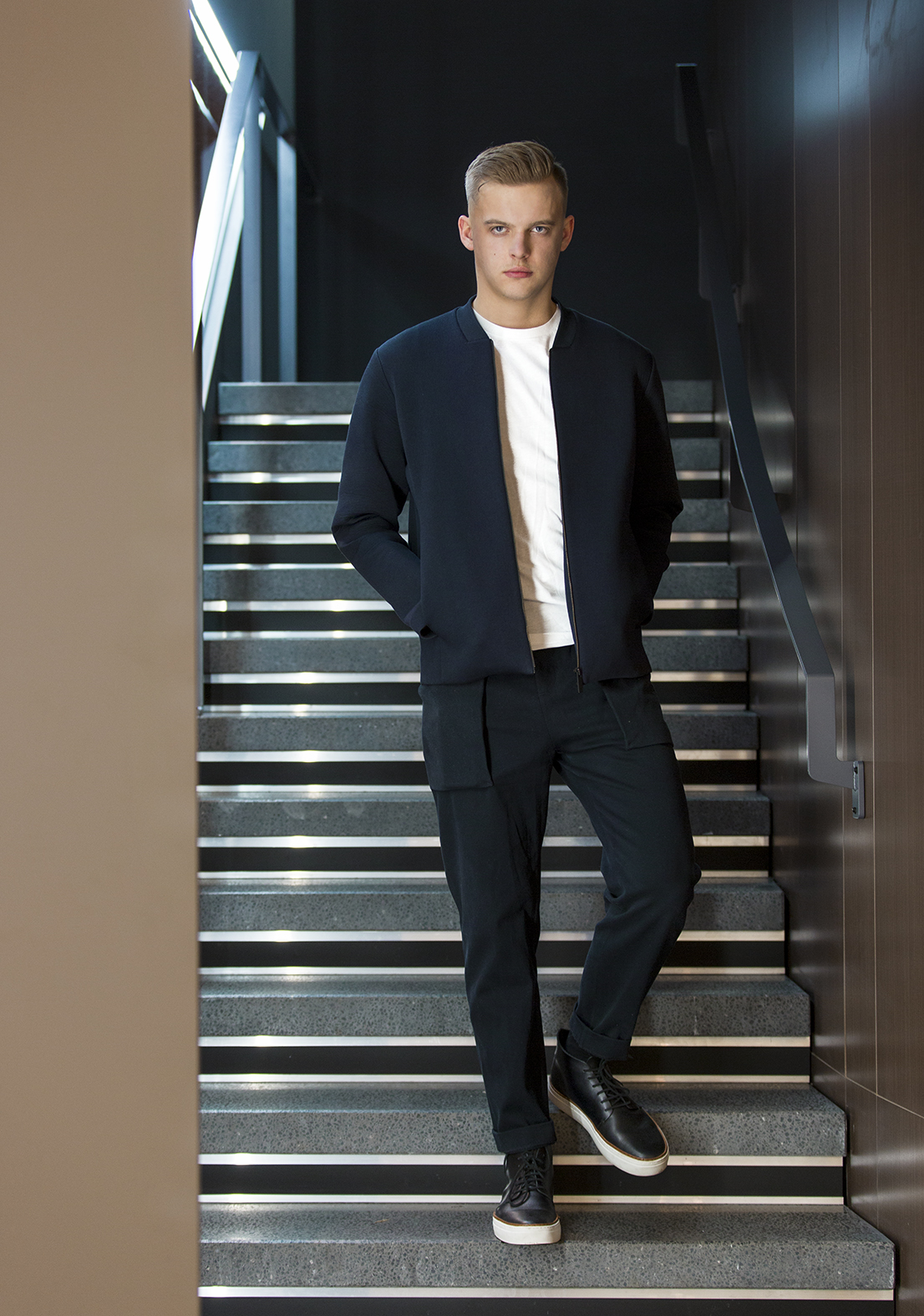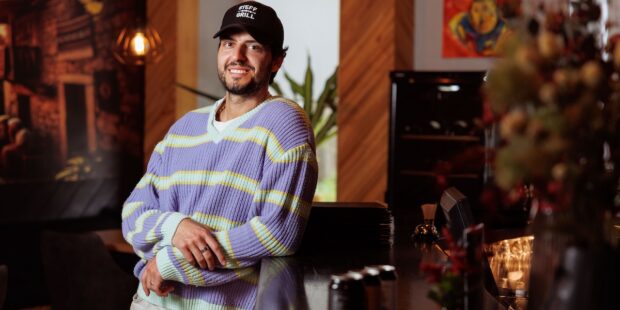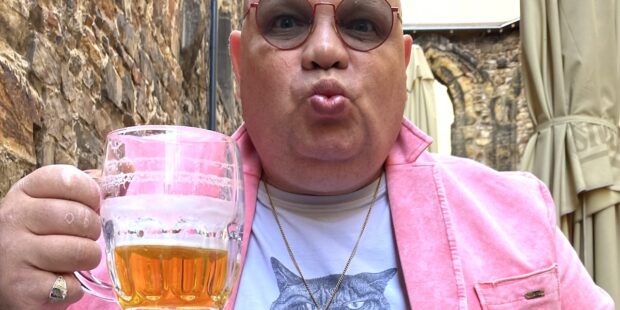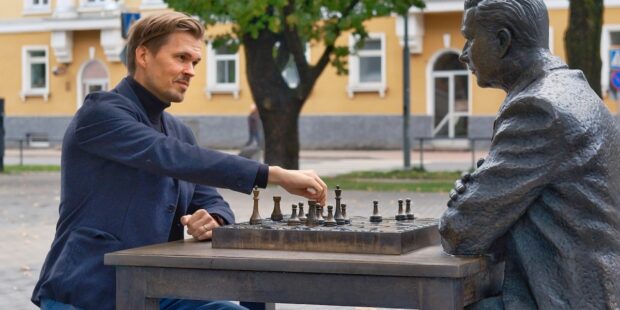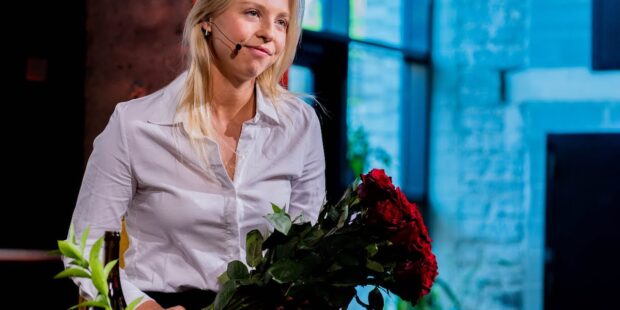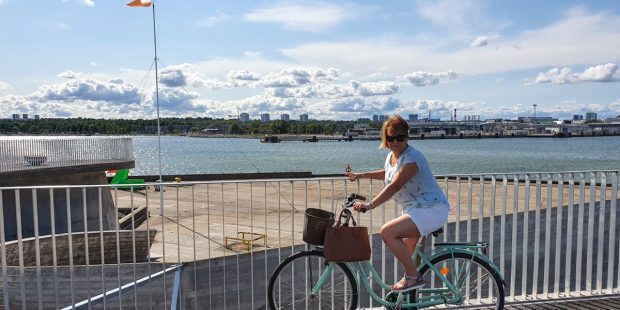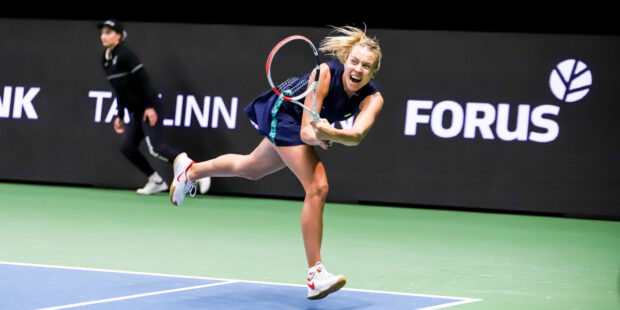Jüri Pootsmann: Living for Today
Jüri Pootsmann is probably the most popular pop singer within Estonia at this moment, and that’s been the case since his breakthrough in 2015 and 2016, when he won Eesti Otsib Superstaar, the local version of Idol, and then, on the back of a successful debut EP, was thrown straight into the bear-pit of Eurovision 2016 as the winner of Eesti Laul. This has not been a regular two years for the young man who once sat in his mother’s front room and said how great it would be to be on stage at the Estonian Music Awards.
“I’ve changed a lot,” Pootsmann said. We were crammed into the corner of a new wine bar in central Tallinn, two young women having instinctively given up their table so the man seen as a heart-throb for many could sit down. “I think found my own path. In the beginning I was struggling to find my own rhythm and people, and although I was with people who had been in the industry already many, many years, I knew I had to find my own way, otherwise my career wouldn’t last very long because I wouldn’t be comfortable with what I was doing. Now I’ve found my own people, and of course I want to develop even more and write my own music, but I have time, and I don’t feel pressure in that respect.”
Referring to that whirlwind year-and-a-half, it was a more sanguine Pootsmann who looked back – although he still thought very carefully about what he wanted to say, often changing his course mid-sentence. “It’s difficult because it all happened so fast, within one year. Some people achieve that within a longer period of time – winning Idol and Eesti Laul, and I feel I can learn a lot from that. I have to take it easy now; I’m not rushing anywhere, I’m not stressed out.”
Eurovision, in Stockholm, wasn’t all about business. “I found a lot of friends, I’m still chatting with a lot of them! It’s the biggest stage in the world and really important for everyone there, but I wanted to take everything I could from it because I knew I probably wouldn’t be there again. I had a blast, a really good time. The crazy thing is, for two or three months, you’re working towards only those three minutes when you’re on stage.”
“We met the boss of Universal Sweden, and lots of different important people, and made some connections, but it was also a party, and I had a really great time – Stockholm is a really great city. I’d love to go to Eurovision again, to cheer for Estonia.”
The Baltic Guide reviewed Pootsmann’s new album, Täna (Today), back in February’s issue. It seemed then to be a continuation of the mid-tempo romantic pop with hints of eighties Scottish acts like Prefab Sprout and Deacon Blue. “There were four or five people involved – people I know and respect. It was pretty natural; no-one was forced to do anything, everyone was excited to be involved. It was natural, easy, because the people all knew each other and it was organic.”
However there were also some funkier songs that seemed to be an attempt to reposition Pootsmann as a Justin Timberlake-type artist. The singer denied this was part of a strategy, saying he never set out to make a romantic, or funk-driven, album, just a good one. “It wasn’t really a deliberate plan – though there are a few upbeat songs on the album, yes. We’re pretty happy with the results. I never plan what style we’re going to do – I just try to do it from the heart.”
There is one English song on Täna, Loving Arms, which is a melodic ballad, but feels, to this author slightly incongruous next to the pop elsewhere on the record. “We didn’t know if we should put it on the album or not – we weren’t comfortable with writing Estonian lyrics to that song. My producer came up with this sentence, ‘I want to die in your loving arms,’ and it sounded stupid translated into Estonian, so we got a lyricist to write English lyrics. We didn’t have a masterplan, though.”
Pootsmann is king of all he surveys within the Estonian pop market at the moment. There are few who can match his music’s reach, and even fewer who can claim a comparably-sized fanbase. Did that make it difficult to envisage trying to break international music markets? “In Estonia it can be really comfortable for an artist because you earn your living, there are a lot of people who listen to artists, and you don’t really need to go outside Estonia with your music.”
“I think it’s important to develop and move on, but it’s difficult and really risky, and you have to start again in a new market. It would take years to be successful, but I’ll do it soon – I’ll try, at least. I have to think I’ll be successful. Otherwise you stay where you are… I have to try.”
TEXT STUART GARLICK, PHOTOS ANDREI CHERTKOV
To learn more about this and similar topics


